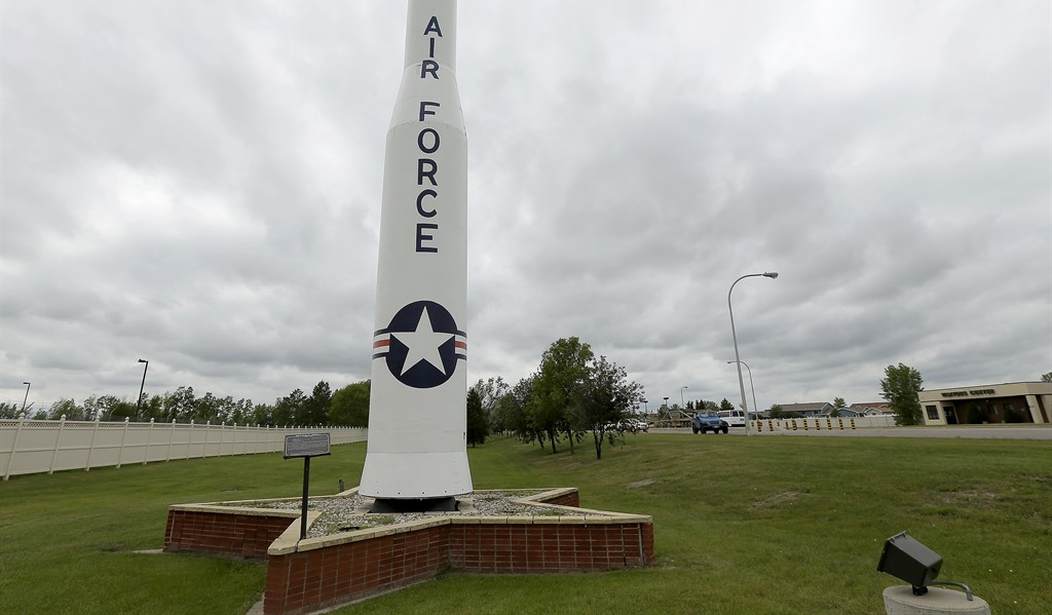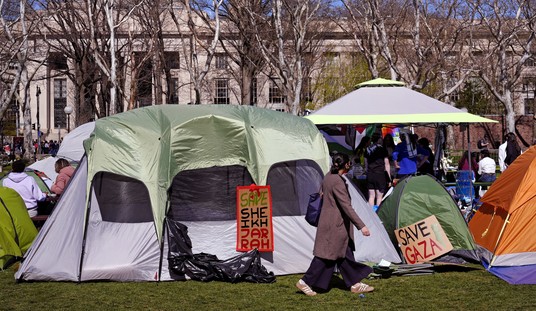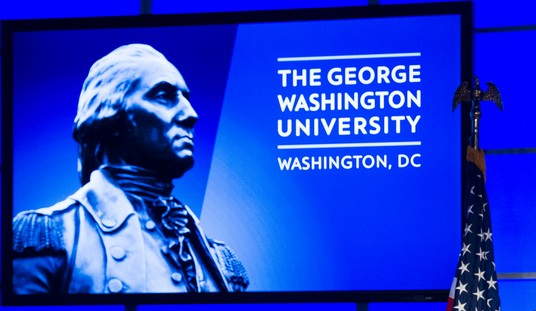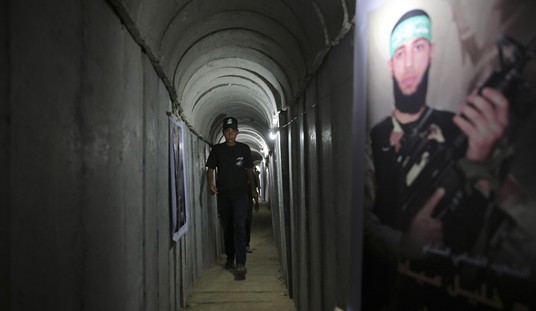Back in April, one of the biggest news stories was the stunning leak of a trove of classified documents by 21-year-old Air National Guardsman Jack Teixeira. As RedState Managing Editor Jennifer Van Laar observed at the time, the details on the incident were murky and raised a number of questions:
That story changed markedly through the day, though, and the sparse information we have about Teixeira raised major questions about how he could have possibly had access to such a wide-ranging tranche of information, why what was finally reported as the true story was so different from what had been published earlier, and who was pushing the disinformation?
...
Teixeira is an Airman First Class (E3) and his job title is cyber transport systems journeyman – working with IT infrastructure, not analyzing intelligence. According to Jennifer Griffin at Fox News, he has a TS/SCI security clearance. Obviously, he would have access to classified information and documents given his job, but there are documents in the leak that someone in his position should not have had. Mere possession of a security clearance doesn’t equal legal access to all documents/information that exist at that level of classification. He also would have needed to know the information to perform his job duties.
Teixeira was arrested and charged with unauthorized retention and transmission of national defense information and unauthorized removal and retention of classified documents or material in April. A federal grand jury subsequently indicted him on six counts of willful retention and transmission of classified information relating to the national defense (National Defense Information).
Now, the U.S. Air Force has disciplined 15 others in relation to the leak following an investigation that found the individuals "intentionally failed" to report known concerns regarding Teixeira's actions prior to the leak.
According to an Air Force release on Monday, 15 individuals from the ranks of staff sergeant to colonel received punishments ranging from being relieved from their positions to non-judicial punishment under the Uniform Code of Military Justice.
The commander of Teixeira’s unit, Col. Sean Riley of the the 102nd Intelligence Wing, was relieved of command, the Air Force said. Commanders of the 102nd Intelligence Support Squadron who had been suspended were “permanently removed.”
The investigation revealed that Teixeira's supervisors were aware of "intelligence-seeking activities" on his part yet failed to properly report this.
The Air Force’s investigation found that commanders failed to adequately inspect areas under their command, had “inconsistent guidance for reporting security incidents” and “inconsistent definitions of the ‘Need to Know’ concept,” a lack of supervision of night shift operations, an “inefficient and ineffective” process for carrying out disciplinary actions, and “a failure to provide security clearance field investigation results.”
The Air Force report is eight pages long and gives further details about the failure of Teixeira's superiors to take proper action once they became aware of his intelligence-seeking behavior. While the report lays the primary cause of the leak on Teixeira, it notes "contributing factors" in his reporting chain.
Evidence indicates some members in A1C Teixeira’s unit, reporting chain, and leadership had information about as many as four separate instances of his questionable activity. A smaller number of unit members had a more complete picture of A1C Teixeira’s intelligence-seeking behaviors and intentionally failed to report the full details of these security concerns/incidents as outlined in DoD security policies, fearing security officials might “overreact.” Had any of these members come forward, security officials would likely have facilitated restricting systems/facility access and alerted the appropriate authorities, reducing the length and depth of the unauthorized and unlawful disclosures by several months.
IT specialists in the 102 ISS, including A1C Teixeira, were encouraged to receive weekly intelligence briefings to better understand the mission and the importance of keeping the classified networks operating. This “know your why” effort was improper in that it provided higher-level classified information than was necessary to understand the unit’s mission and created ambiguity with respect to questioning an individual’s need to know. Around July or August of 2022, A1C Teixeira was observed viewing intelligence content on TS-SCI websites. His supervisor was informed, but the incident was not documented in writing. Then, on 15 Sep 22, a unit member noticed A1C Teixeira again viewing intelligence products and saw him writing information on a post-it note. A1C Teixeira was confronted about the note and directed to shred it. However, it was never verified what was written on the note or whether it was shredded. His supervisor and another unit member documented the event via Memorandum for Record (MFR), and A1C Teixeira was directed to stop taking notes on classified information and “to cease all research where he did not have a need to know.” These incidents were not reported to the proper security official.
One month later, on 25 Oct 22 during an intelligence briefing, A1C Teixeira asked very detailed questions and even attempted to answer questions using suspected TS-SCI information he did not have a need to know. Leadership who was present questioned the classification level of the information he was citing, and A1C Teixeira stated the information was classified but added it was also available via “open sources.” Contrary to his assertion, the information was not believed to be publicly available and A1C Teixeira’s supervisor was again advised of his suspected intelligence-seeking behavior. A1C Teixeira was again ordered to “cease and desist” intelligence “deep dives.” This third incident was documented with another MFR, but not reported to the proper security official.
On 30 Jan 23, a unit member observed A1C Teixeira viewing intelligence content again after being previously ordered to cease and desist. The supervisor was informed, an MFR was written, and more senior members of the squadron’s leadership were made aware of three of the four preceding incidents. After some internal discussion, a substantially minimized version of the concerns was provided to security officials. The security officials were not provided copies of the MFRs or an accurate description of the security concerns. As a result, additional available security actions were not taken and no further inquiry or investigation occurred. After interviewing higher levels of the supervisory chain, it appears knowledge of these security incidents was not fully disclosed above the squadron level. Based on the preponderance of the evidence gathered during the investigation, three individuals in the unit who understood their duty to report specific information regarding A1C Teixeira’s intelligence-seeking and insider threat indicators to security officials, intentionally failed to do so.
The report also lists several indirect contributing factors to the leak, including inconsistent reporting guidance, inconsistent "Need to Know" guidance, and lack of supervision and oversight of night shift operations.
The disciplinary action taken ranged from non-judicial punishments to relieving several personnel from their positions.
Col. Sean Riley, 102 IW commander, received administrative action and was relieved of command for cause and Col. Enrique Dovalo, 102d Intelligence, Surveillance and Reconnaissance Group commander received administrative action for concerns with unit culture and compliance with policies and standards.
Previously suspended commanders from the 102d Intelligence Support Squadron and the detachment overseeing administrative support for Airmen at the unit mobilized for duty under Title 10 USC were permanently removed.
The 102nd Intelligence, Surveillance and Reconnaissance Group was taken off mission when Teixeira was discovered as the source of the unauthorized disclosures. The group’s mission remains reassigned to other organizations within the Air Force.














Join the conversation as a VIP Member